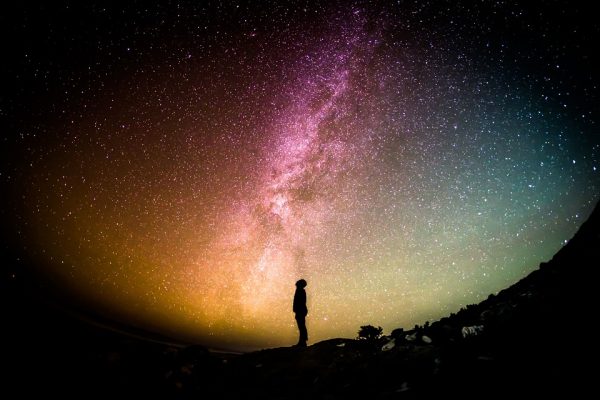
About 13.8 billion years ago, the universe as we know it began. This moment, known as the Big Bang, is when space itself rapidly began expanding. At the time of the Big Bang, the observable universe (including the materials for at least 2 trillion galaxies), fit into a space less than a centimeter across. Now, the observable universe is 93 billion light-years across and still expanding.
There are many questions about the Big Bang, particularly about what came before it (if anything). But scientists do know some things. Read on for some of the most mind-bending discoveries about the beginning of everything.
The universe is expanding
Until 1929, the origins of the universe were shrouded entirely in myth and theory. But that year, an enterprising astronomer named Edwin Hubble discovered something very important about the universe, something that would open up new ways of understanding its past: The whole thing is expanding.
Hubble made his discovery by measuring something called redshift, which is the shift toward longer, red wavelengths of light seen in very distant galaxies. (The farther away the object, the more pronounced the redshift.) Hubble found that redshift increased linearly with distance in far-off galaxies, indicating that the universe isn’t stationary. It’s expanding, everywhere, all at once.


